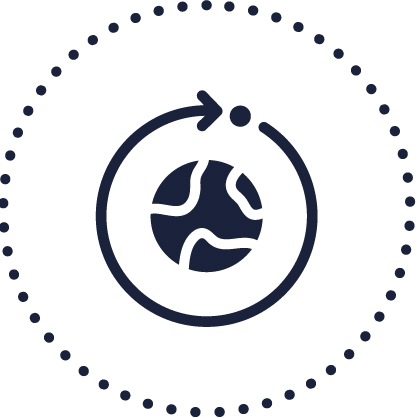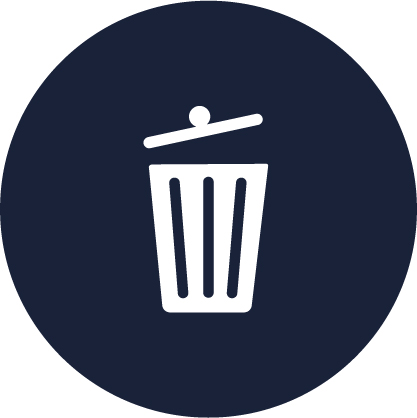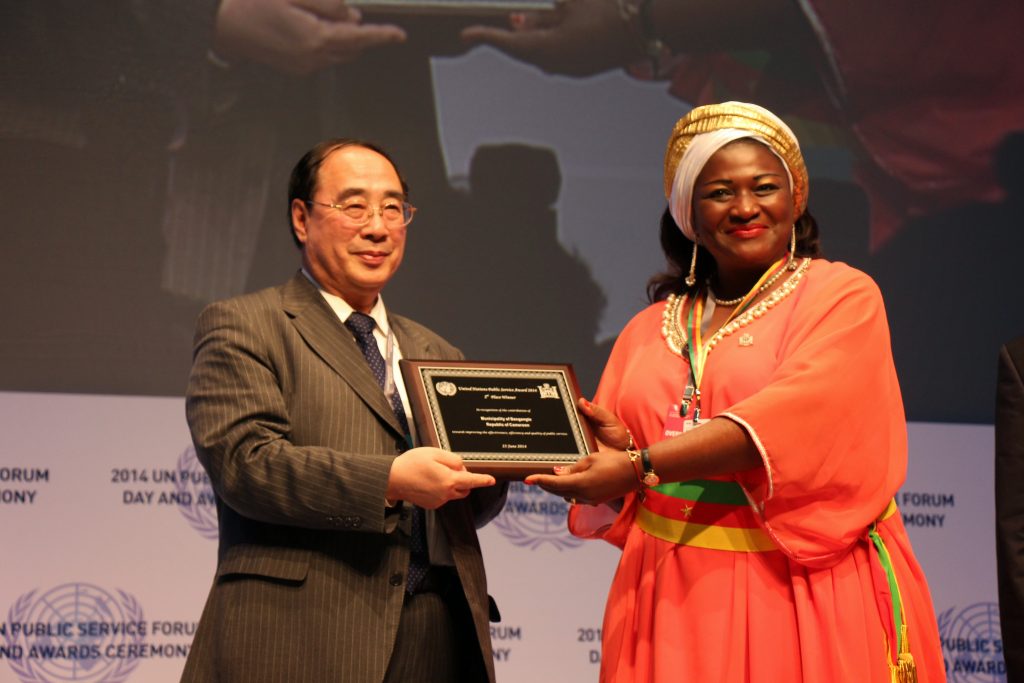Ecological latrines: Reusing urines for agriculture
With the ambition of becoming a clean and risk-free town, this project provides the commune of Bangangté with organisational support for the implementation of local governance for sanitation system.
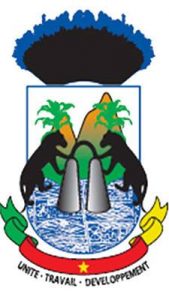
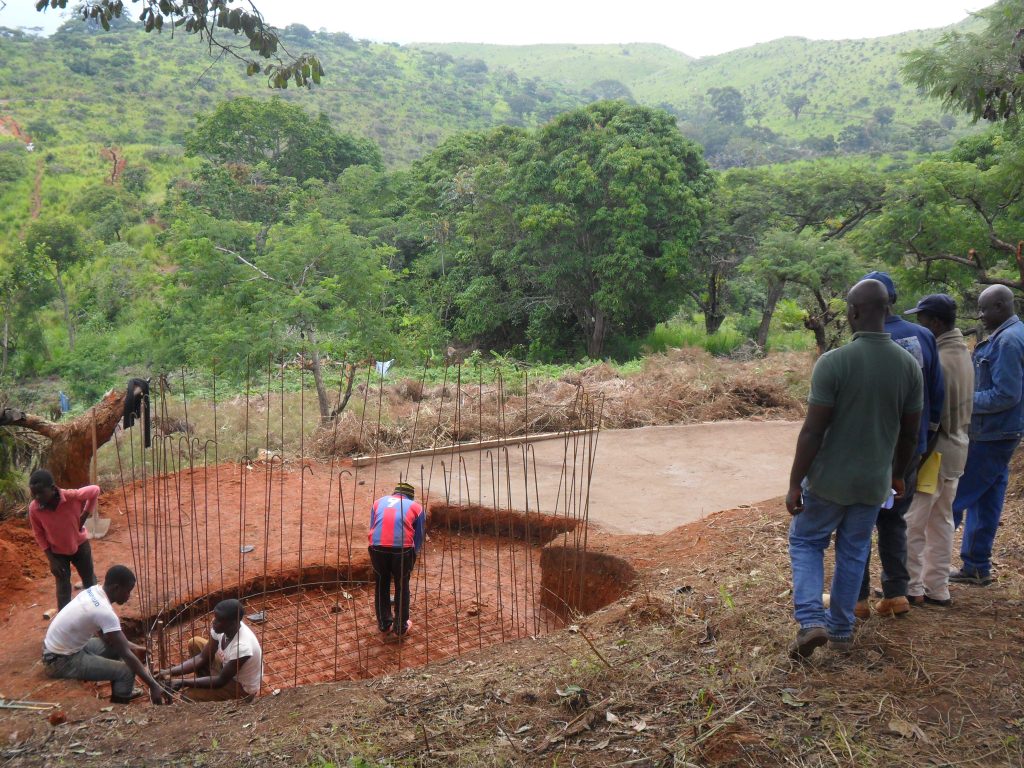
Overview of the project
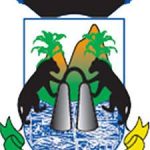
The commune of Bangangté while searching to improve the living environment of the population, has found solutions to the water and sanitation issues that appeared in the Communal Development Plan (PDC) as priorities 22 of planning units out of 24.
These solutions were implemented with the MODEAB project (Sustainable Project Management in the Water and Sanitation Sector).
Concerning sanitation of the commune, thanks to international cooperation, according to feasibility studies, training, construction of structures and their commissioning, the by-products valorisation initiative has been put in place, offering the population natural inputs (made out of urine and feces).
Work description:
- The ecological latrines are latrines with a two dry pits that are well ventilated. A system with 3 different separations for different disposals (cleaning water, urine or feces) which offers the possibility of reusing and give value to the cleaning water with no risks.
For an ecological farming…
- The biophysics in Bangangté commune are very varied: The predominantly ferrallitic soils with rugged terrain lowers agricultural productivity
- And still, 80% of the population ames a living out of agriculture. Using urine and applying it to agriculture is an innovative approach for producers who can thus increase their harvest from urine transformed into agricultural inputs. The initiative made it possible to teach trade to children and to reduce the use of chemical inputs among farmers
Bangangté aims to become a clean and risk-free town, this project provides the commune of Bangangté with organisational support for the implementation of local governance for sanitation system.
Pilote operation, experimentation
Before the initiative was put in place, the population mainly used pesticides that exposed them to food diseases and led to high financial costs. The valorization of urine thus comes to solve the problems of hygiene, insalubrity and agricultural productivity in public spaces (schools and markets), but also brings a modern touch to the community thanks to ecological latrines (storage and urine hygiene, to be used as agricultural fertilizer). It also reduces the use of pesticides on fields.
In 2021, the commune had built 15 ecological latrines with the support of international cooperation partners, having noticed the positive results of this approach, the number of latrines was increased to 20 with 5 others built on clean bottom and a solicitation for the sharing of experience with Nkong Zem Commune in Dschang
The results of the project in terms of the appropriation of the new latrines (by students, teachers and parents), demonstrates a global satisfaction:
- Everyone noted an improvement in the school environment
- No longer open air defecation;
- No longer unpleasant odors;
- The setting up of the Environmental Education Committees (enlightens children more to hygiene matters);
- Washing hands protocol has been acquired;
- Teachers integrate ecological latrine issues into their courses.
- The Commune of Bangangté : project initiator
- The Veolia Foundation: funding partner
- The AIMF ( Association Internationale des Maires Francophones) : Adviser and funding partner;
- The SIAAP (Syndicat Interdépartemental de l'Assainissement de l'Agglomération Parisienne) ; Adviser and funding partner;
- The AESN (Water agency of Seine Normandie) : Funding partner.
organisation
The Commune of Bangangté is a decentralised collective divided into 7 groups :
- Bangangté
- Bangoulap
- Bangoua
- Bamena
- Bahouoc
- Batchingou
- Bagang-Fokam.
Each area is considered independent and is placee under the authority of a head. For administration, Bangangté is the capital of the Ndé division of West region. The urban space of the commune is subdivided into 8 districts stretching over 800 km² and has a population of around 200 000 inhabitants. The Mayor is Madam Célestine Ketcha Courtès that devotes her work in to improving the populations lifestyle and finding well-being thanks to different available services that participate in creating innovative projects and public services, for example:
- Citizen services Center
- Communication Service
- Financial Service
- Urban planning and Construction Department
- Service of Hygiene and Sanitation.
in collaboration


